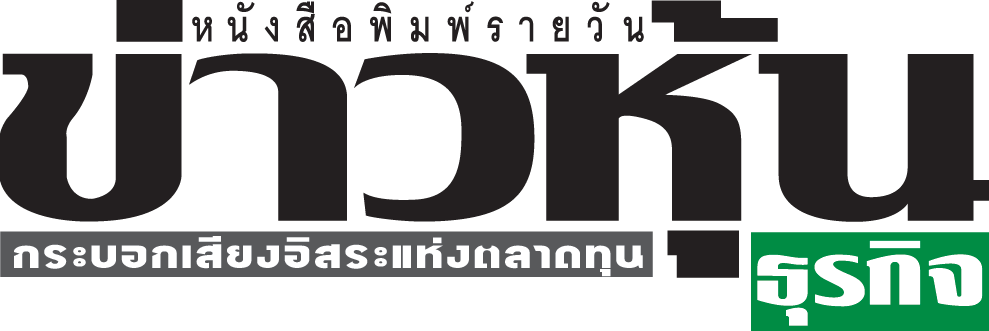
Shareholders Likely to Be Rewarded from EPCO’s Capital Increase and Vietnam Solar Farm
This is the beginning for EPCO’s journey in Vietnam’s power plant, and its future has a good outlook.
With more than 18% of Economic Internal Rate of Return (EIRR), is Eastern Printing Public Company Limited (EPCO) a good share for investment after the 344.86 million baht of warrants (in the ratio of 8 additional share per 1 warrant) at ฿3.30/share that they helped purchased a while ago?
The return in the aforementioned detail comes from the investment in 2 of Vietnam’s solar farms for a total of 109.76MW with a total of 2.15 million baht in value. The projects will be granted a 25-year power purchase agreement with Electricity of Vietnam (EVN) at a feed-in tariff (FIT) of USD 0.0935 per unit (or about ฿3.07 at exchange rate on September 18, 2018 ฿32.7873 / $1) for a period of 20 years and the last 5 years at the market rate.
Solar Power Management Thailand Co.Ltd (SPM) which 100% held by Eastern Power Group Public Company Limited (EP), a subsidiary of EPCO holding at 75% of shares, to signed a Share Purchase Agreement of Phu Khanh Solar Power Joint Stock Company (PKS) and a contract for development of two solar power plant projects in Phuyen province, Vietnam. Thus, SPM will hold 15,280 common shares or 89.88% of paid up shares of PKS.
Phu Khanh Solar Power Joint Stock Company has a registered capital of VND 500,000 million, divided into 5 million common shares with a par value of VND 0.10 million. Paid up capital is VND 1,700 million divided into 17,000 common shares with a par value of VND 0.10 Million.
Mr. Yuth Chinsupakul, EPCO’s chairman, indicates the reason for over 18% of EIRR is due to low investment costs especially the land rent that has been agreed to be paid 15 years after the COD, resulting in less than 30 million baht in cost per megawatt.
It can be said that increasing EPCO’s registered capital is like killing two birds with one stone. To be precise, EPCO earns 345 million baht to strengthen its investment budget and the exercise price at ฿5/share from EPCO-W3 (1:1 ratio) in 1-2 years.
But looking from a different angle, this will also increase EPCO’s investment capacity, which means a possibility of increasing its borrowing capacity and creating more debt without causing the debt/equity to be higher than it should be.
The investment in solar farms is just the beginning of EPCO’s investment in Vietnam, which means EPCO will be able to further its business to wind energy, also. When that happens, EPCO will need funding, or a loan from institutes.
Not to mention the increments from EPCO’s taking over more and more printing businesses to strengthen the capability of the business for long-term competition. Although many say that the printing business is dead, but do not forget that the printing business is not all about books and newspaper. Every packaging business relies on the printing business.
When looking at EPCO’s goal and future, it makes sense for the investors to utilize and exercise EPCO’s warrant. The dilution will be reasonably compensated from the profits of its investments.

